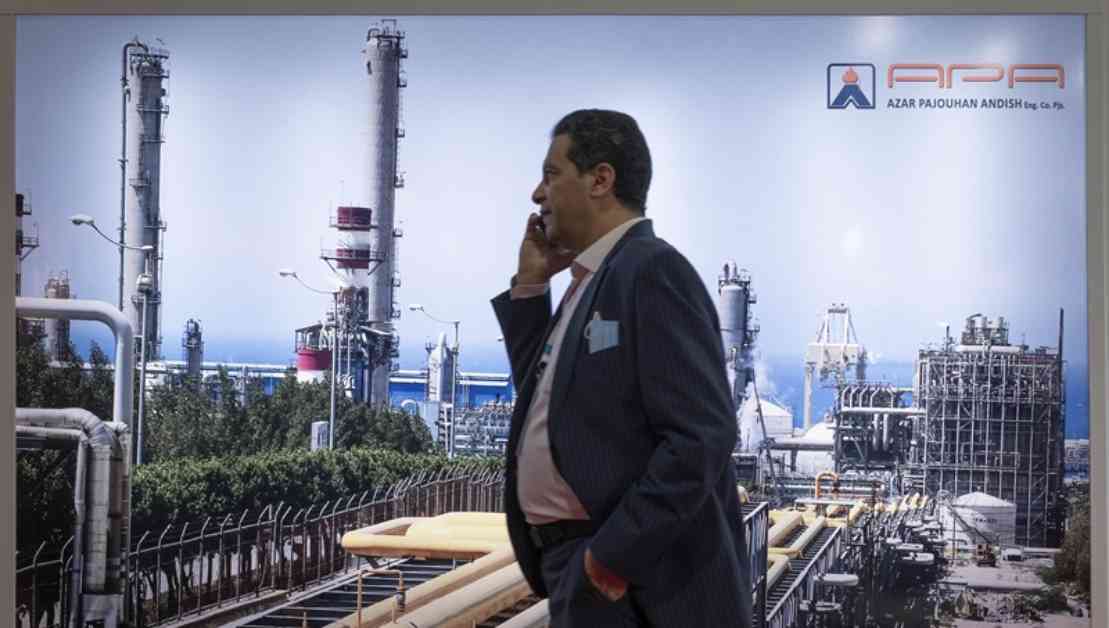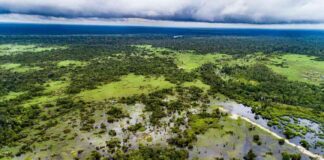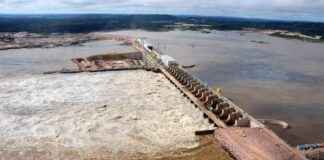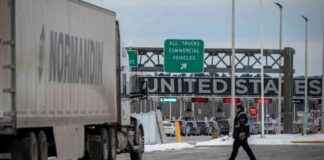Iran’s Opposition to Production Curbs in UN Plastics Treaty
Iran, a key player in the global plastics industry, is standing firm against proposed production curbs in a potential UN plastics treaty. This move has sparked debate and concern among environmental experts and policymakers worldwide. Last month, at a meeting in Busan, South Korea, government negotiators reached an impasse, failing to agree on the terms of the treaty. The negotiations are set to continue in 2025, prolonging the uncertainty surrounding this critical issue.
Plastics Industry and Economic Impact
Iran’s plastics industry plays a vital role in the country’s economy, generating much-needed foreign currency. This revenue is crucial for managing Iran’s soaring inflation rates and supporting economic stability. The industry’s reliance on oil and gas resources, particularly natural gas reserves, has fueled its growth over the years. Iran is a leading global exporter of methanol, a key component in plastic production, highlighting the industry’s strategic importance.
Expert Insights and Geopolitical Dynamics
According to experts, Iran’s opposition to production curbs stems from economic considerations and geopolitical factors. The industry’s significant contribution to Iran’s GDP and export revenue underscores its value as a key economic driver. Additionally, the foreign currency generated through petrochemical exports helps stabilize Iran’s economy amidst international sanctions and economic challenges.
Maria Ivanova, a prominent academic, highlights the geopolitical implications of limiting plastic production in Iran. She points out that Iran’s influence in the global oil and gas markets could be jeopardized by such restrictions, potentially undermining its geopolitical leverage. This perspective sheds light on the complex interplay between economic interests and international relations in the ongoing plastics negotiations.
Local Impact and Environmental Concerns
The plastics industry’s concentration in Iran’s southern regions has broader implications for local communities and the environment. The proximity to natural resources and export hubs underscores the industry’s strategic significance for regional development. However, concerns about economic instability and environmental sustainability have prompted calls for greater environmental stewardship and waste reduction measures.
Kaveh Madani, a leading environmental expert, emphasizes the need for a balanced approach to addressing plastic pollution while safeguarding Iran’s economic interests. He acknowledges Iran’s efforts to address plastic waste but cautions against jeopardizing the country’s economic survival through overly restrictive measures. Madani’s insights highlight the delicate balance between environmental protection and economic sustainability in the context of Iran’s petrochemical industry.
In conclusion, Iran’s stance on production curbs in the UN plastics treaty reflects the complex interplay of economic, environmental, and geopolitical factors shaping the global plastics debate. As negotiations continue, the outcome will have far-reaching implications for Iran’s economy, environmental sustainability, and international relations. Balancing these competing interests will require careful consideration and collaboration among stakeholders to achieve a sustainable and equitable solution.














